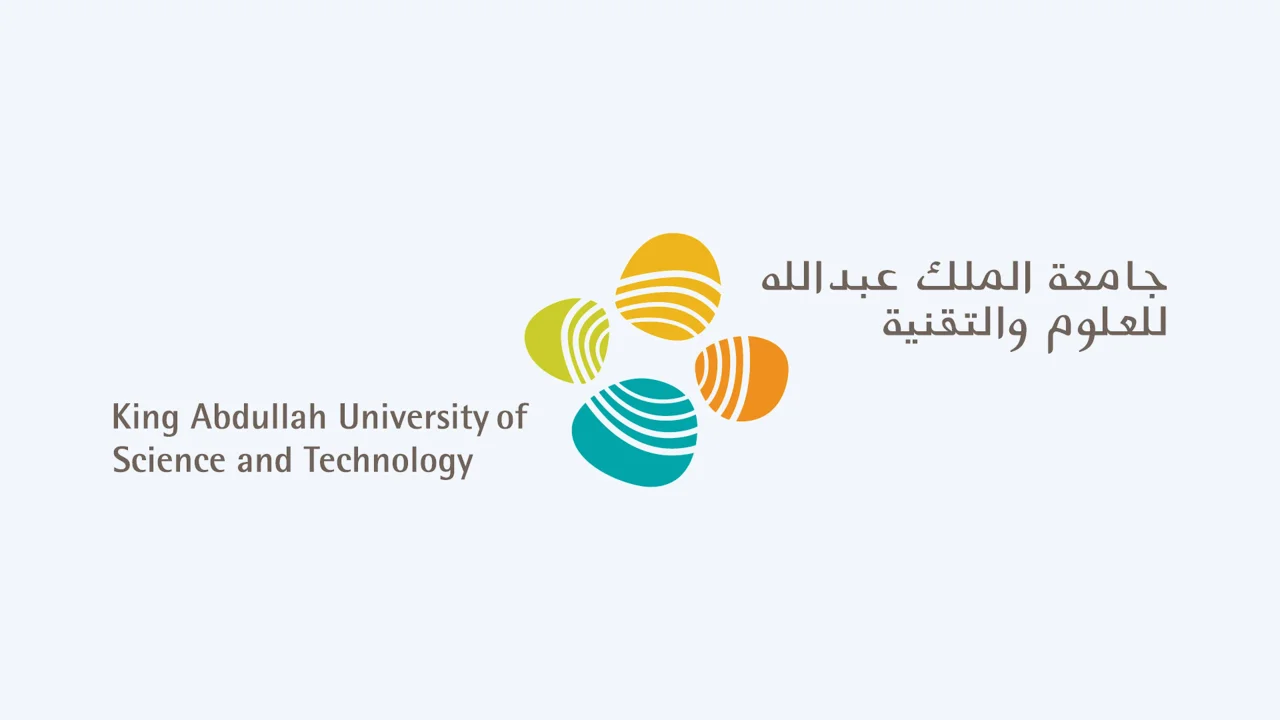
Teaching
Overview
Introduction to Artificial Intelligence
The course provided a broad overview over the field of Artificial Intelligence and introduce the basic methods and principles used to design intelligent systems. A key emphasis is on problem-solving and decision making as two key aspects of intelligent behavior, as well as on logical foundations of Artificial Intelligence.
Prerequisites:
Knowledge in discrete mathematics, in particular, set theory and complexity theory (e.g., CS260 or related experience in undergraduate studies).
Knowledge Representation & Reasoning (CS213)
The course covers basic concepts in knowledge representation, reasoning, and its application in the Semantic Web. The aims of the course are to introduce key concepts of knowledge representation and its role in artificial intelligence, enable students to design and apply knowledge-based
systems, and understand the limitations and complexity of algorithms for representing knowledge.
Prerequisites:
Knowledge in discrete mathematics, in particular, set theory and complexity theory (e.g., CS260 or related experience in undergraduate studies).
Applied Ontology
The course covers advanced topics in conceptual modeling, data management, integration, and analysis, all of which have applications in data-intensive disciplines such as biology, biomedicine, and others. The aim of the course is to provide an in-depth understanding of the state of the art in formal ontologies, including their role in integrating and analyzing data. While Knowledge Representation & Reasoning (CS213) introduced
basic logic formalisms that can be used to express knowledge, the Applied Ontology course focuses on how to structure the content of a knowledge base and introduces general structuring principles for knowledge. Examples include the theories for mereological (parthood) relations, or theories of space and time, and the consequences of selecting a particular theory in formalized knowledge bases. The course is split in two parts, the first focusing on concrete applications with examples taken from the biomedical domain, the second focusing on the theoretical framework underlying formal ontologies and their role in information systems.
Prerequisites:
Knowledge Representation & Reasoning (CS213) or similar.